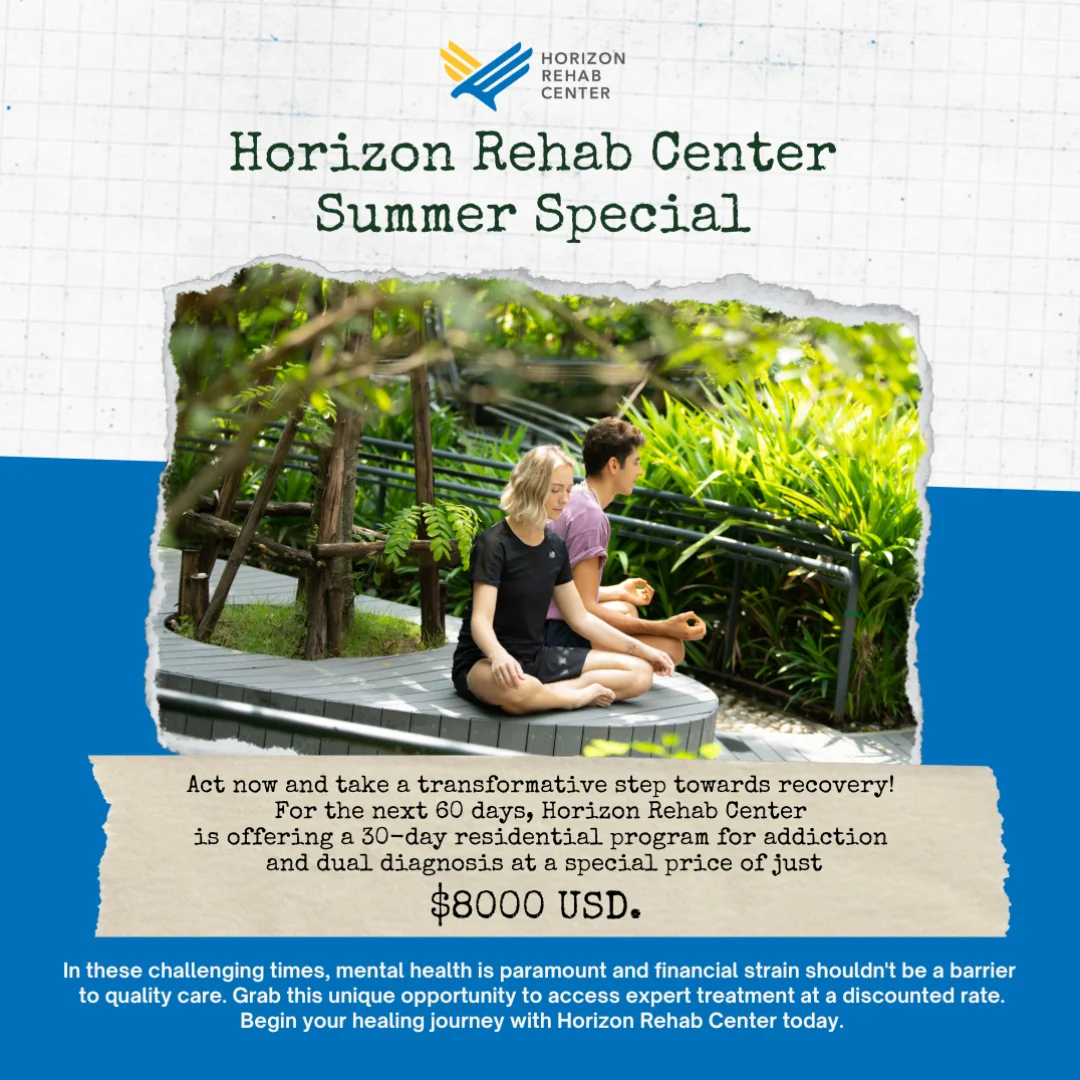Introduction:
Cocaine addiction is a serious community health issue which has had extensive implications for people, people, and society in general. The addicting properties for this stimulant medicine make it difficult to get over, causing devastating consequences for people both in the brief and long haul. This report aims to supply ideas into cocaine addiction, its results, and prospective treatments.
The Scope for the Problem:
Cocaine addiction has been on the rise globally, affecting many people from all walks of life. The original allure associated with medicine lies in being able to induce thoughts of euphoria, enhanced power, and heightened self-confidence. However, duplicated use often causes threshold, calling for greater amounts to achieve the desired effect. This design of good use can very quickly spiral out of control, causing Addiction Treatment In Thailand (Https://Www.Ntos.Co.Kr/).
Effects of Cocaine Addiction:
The real and emotional consequences of cocaine addiction can be devastating. Physiologically, prolonged abuse regarding the medicine can lead to aerobic complications, respiratory dilemmas, and harm to organs like the liver and kidneys. Mental health conditions such as for example despair, anxiety, and paranoid psychosis are common among those experiencing cocaine addiction. The financial burden of these addiction are astronomical, as individuals prioritize obtaining the drug over meeting day-to-day needs, leading to job reduction, personal bankruptcy, and strained interactions.
Underlying Factors and Danger Factors:
Different elements contribute to the introduction of cocaine addiction. Socioeconomic status, genetic predisposition, and psychological factors such impulsivity and thrill-seeking behavior all play a role in increasing a person’s vulnerability to addiction. In addition, exposure to a supportive environment, familial history of substance abuse, and childhood trauma can somewhat heighten the risk of cocaine addiction.
Treatment Plans:
Addressing cocaine addiction calls for a comprehensive approach that combines medical, emotional, and personal interventions. Detoxification is often the initial step, enabling people to properly withdraw from medicine under health guidance. Medications might prescribed to control detachment symptoms and lower cravings. Cognitive-behavioral therapy (CBT) shows promising results, helping people identify triggers, develop coping systems, and modify maladaptive habits of thinking and behavior.
 Supportive systems including 12-step programs or team therapy tend to be essential in cultivating recovery and providing ongoing assistance. Holistic techniques that emphasize life style changes, anxiety decrease techniques, and alternative therapies like acupuncture therapy or meditation are being explored to check old-fashioned treatment methods.
Supportive systems including 12-step programs or team therapy tend to be essential in cultivating recovery and providing ongoing assistance. Holistic techniques that emphasize life style changes, anxiety decrease techniques, and alternative therapies like acupuncture therapy or meditation are being explored to check old-fashioned treatment methods.
Prevention and knowledge:
Protection is an important aspect in combating cocaine addiction. Community wellness campaigns that emphasize the dangers of cocaine use, its addicting nature, in addition to possible effects are necessary in curbing its prevalence. Schools and academic organizations should apply evidence-based drug abuse programs that educate young people about the dangers associated with medication usage and instruct refusal skills.
Conclusion:
Cocaine addiction stays a significant public health anxiety about far-reaching consequences. The vicious period of addiction and its own harmful impacts on physical and mental health necessitate effective avoidance projects, early input, and comprehensive treatment plans. It is vital that governing bodies, health care experts, and communities interact to address this devastating epidemic and supply the required support for those of you fighting cocaine addiction.
